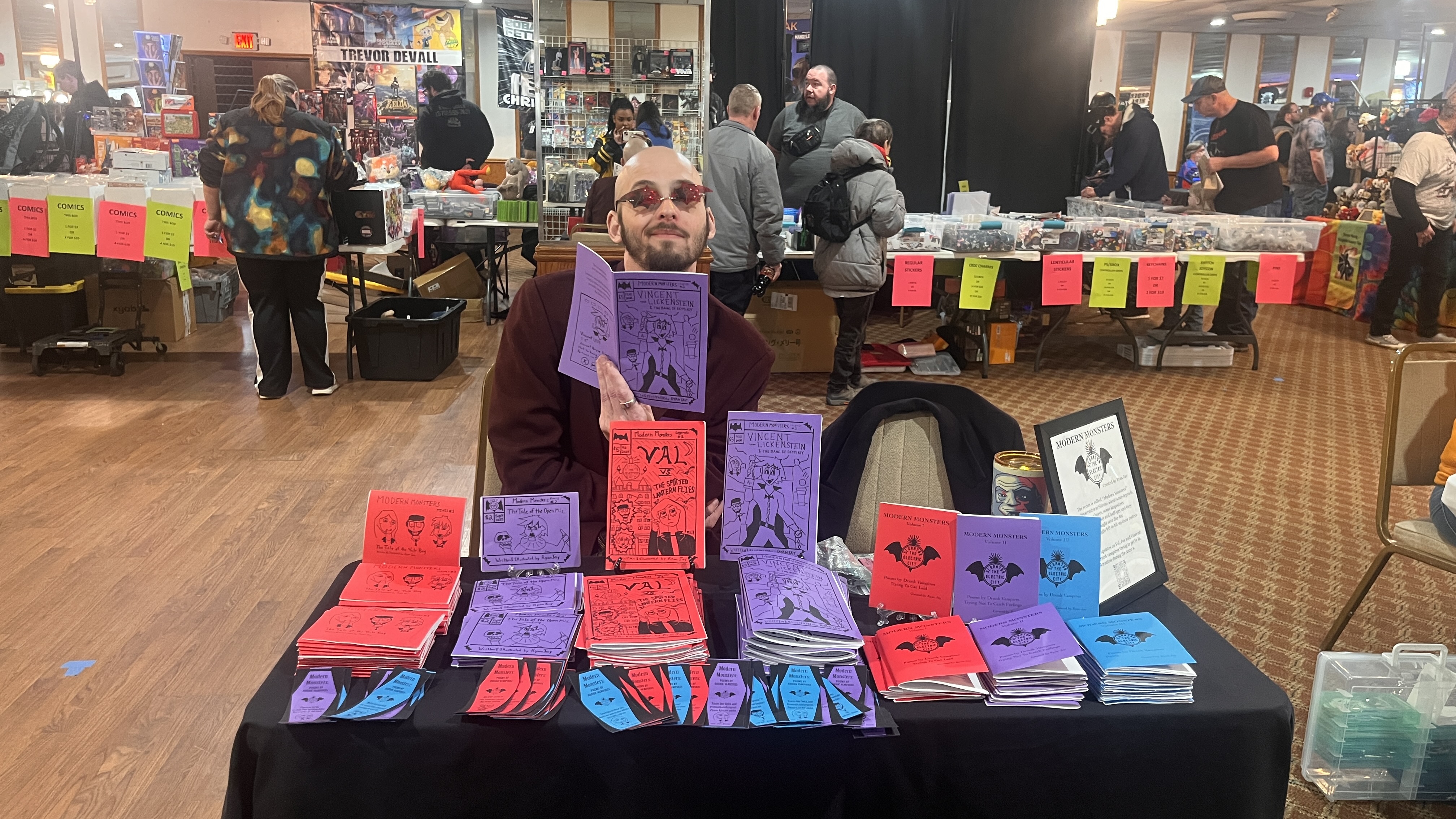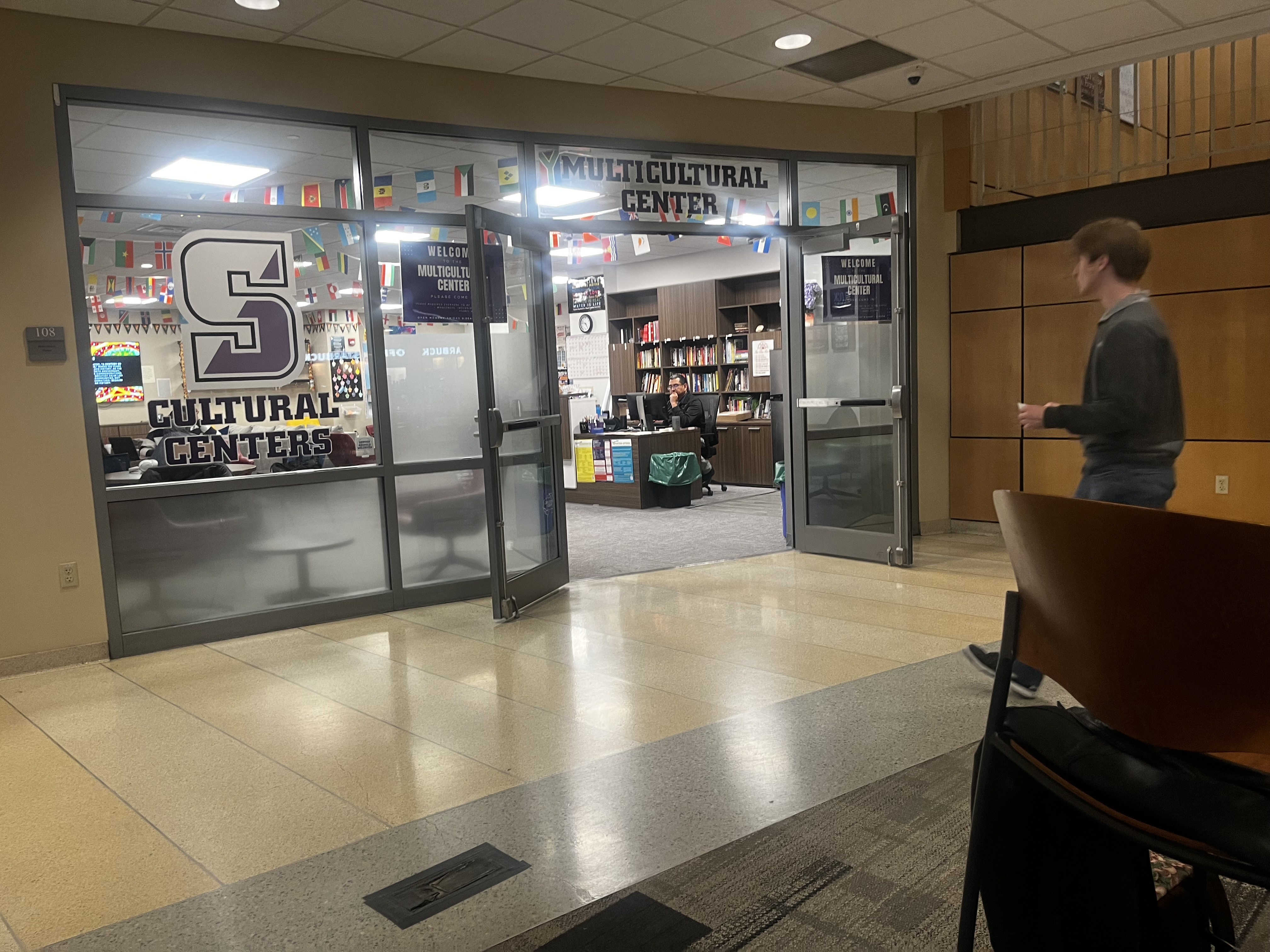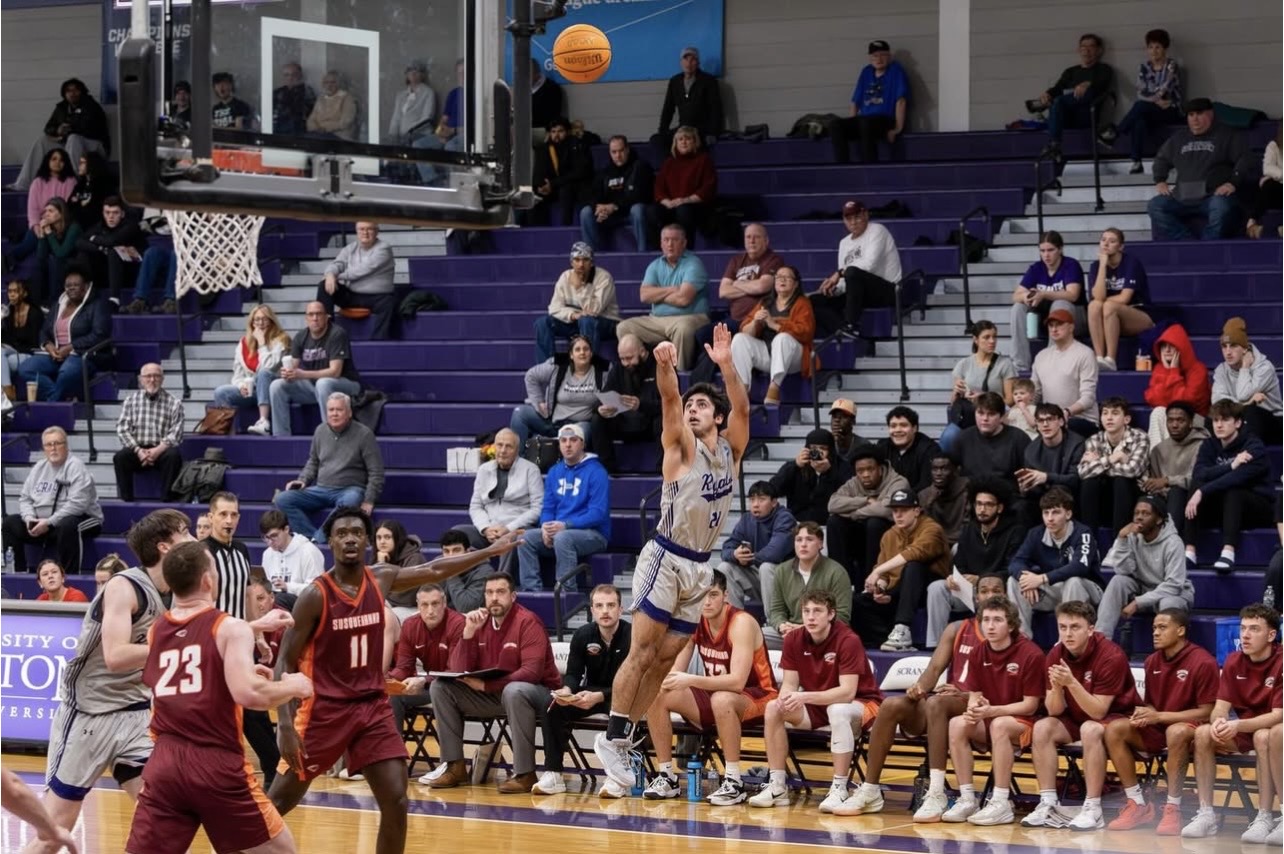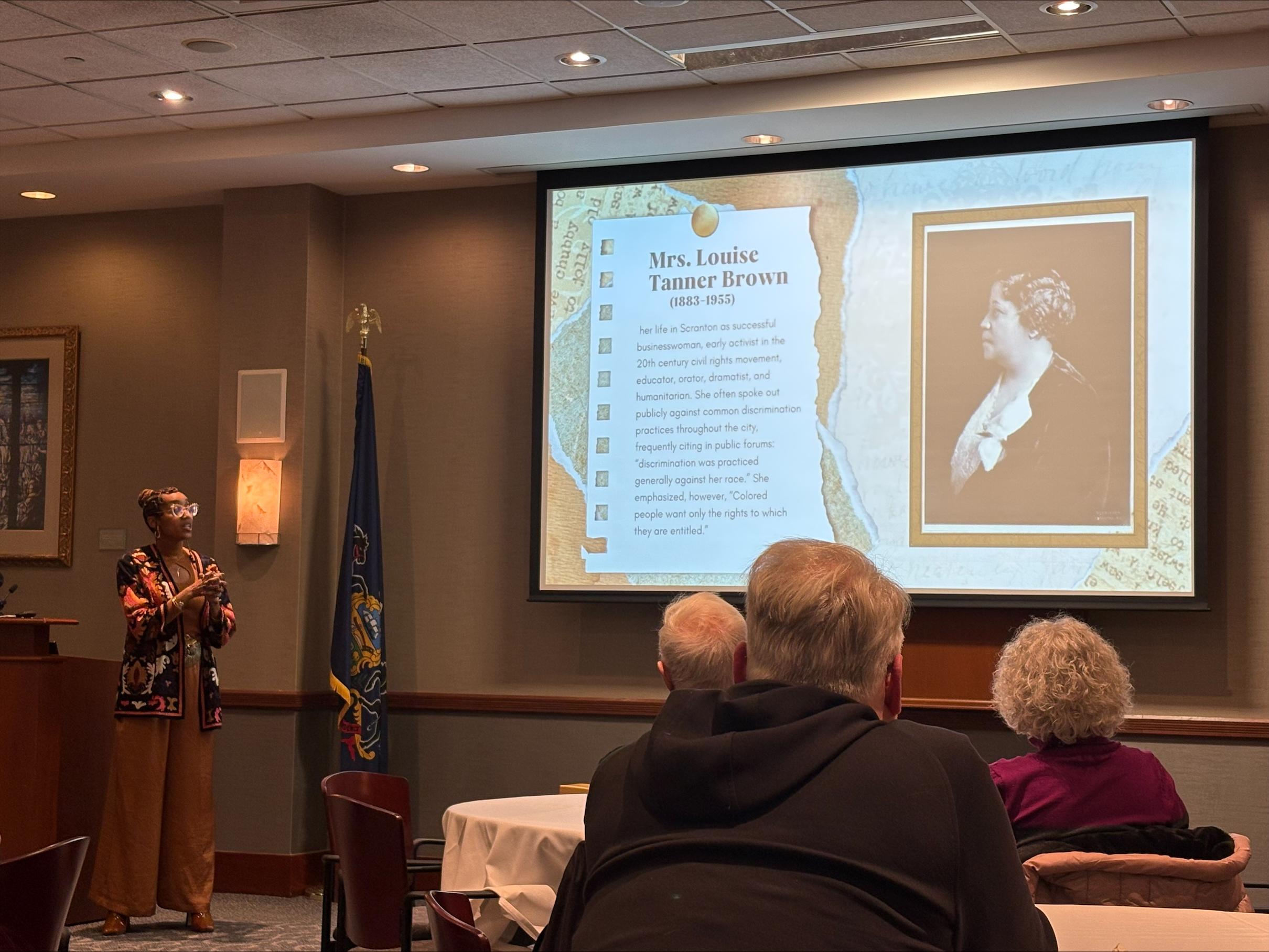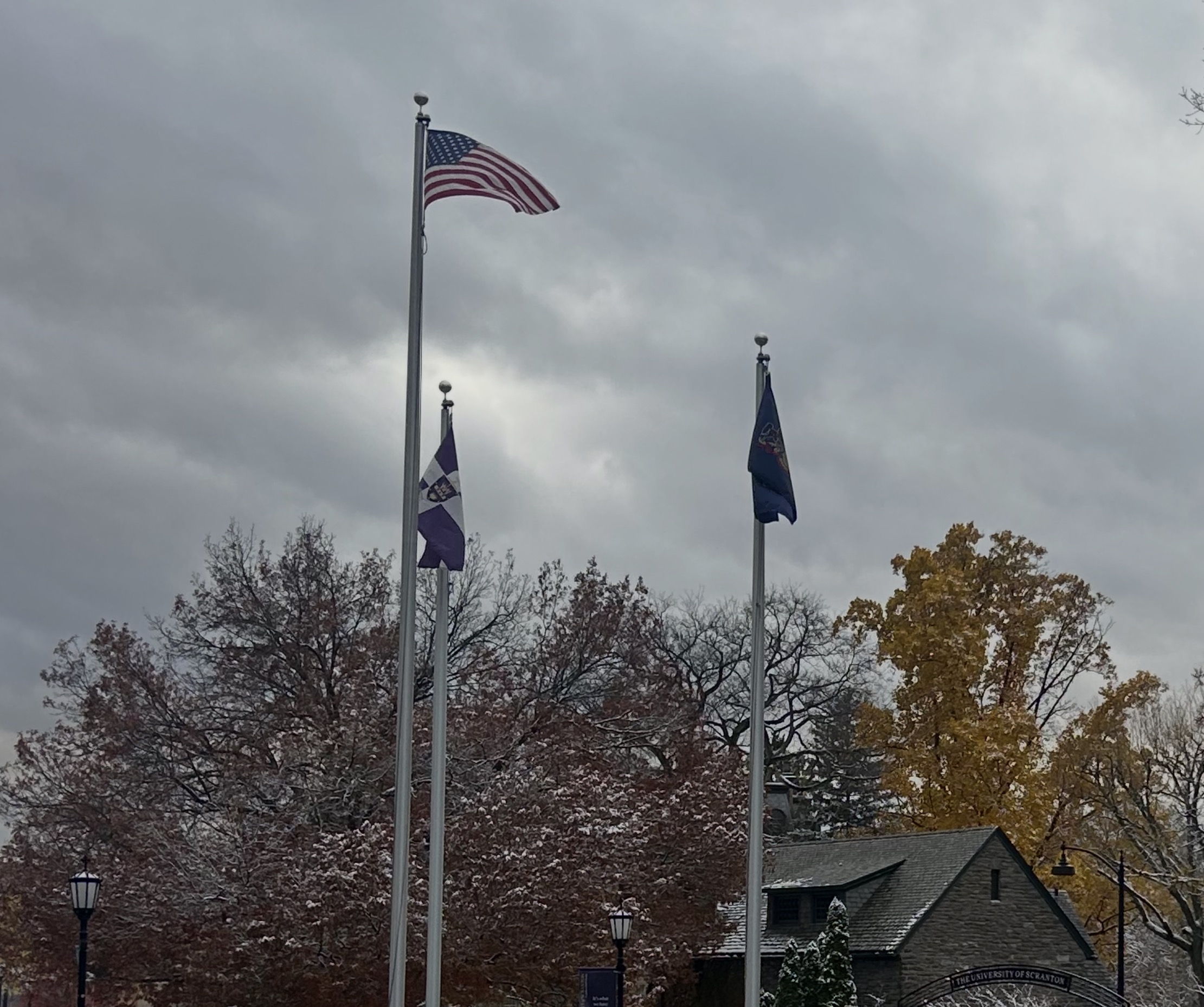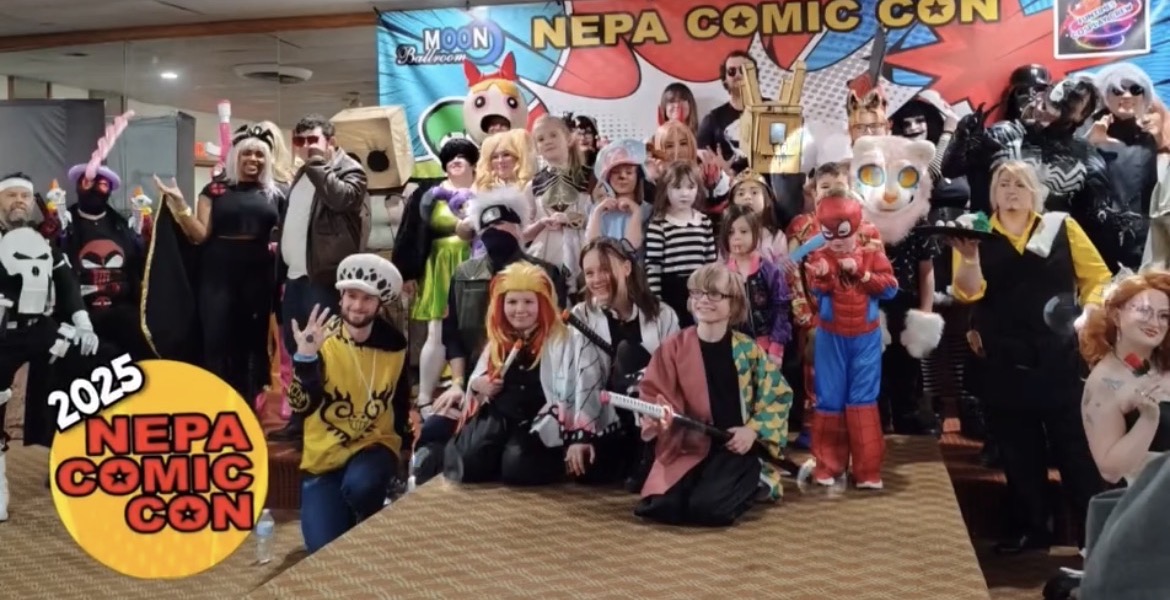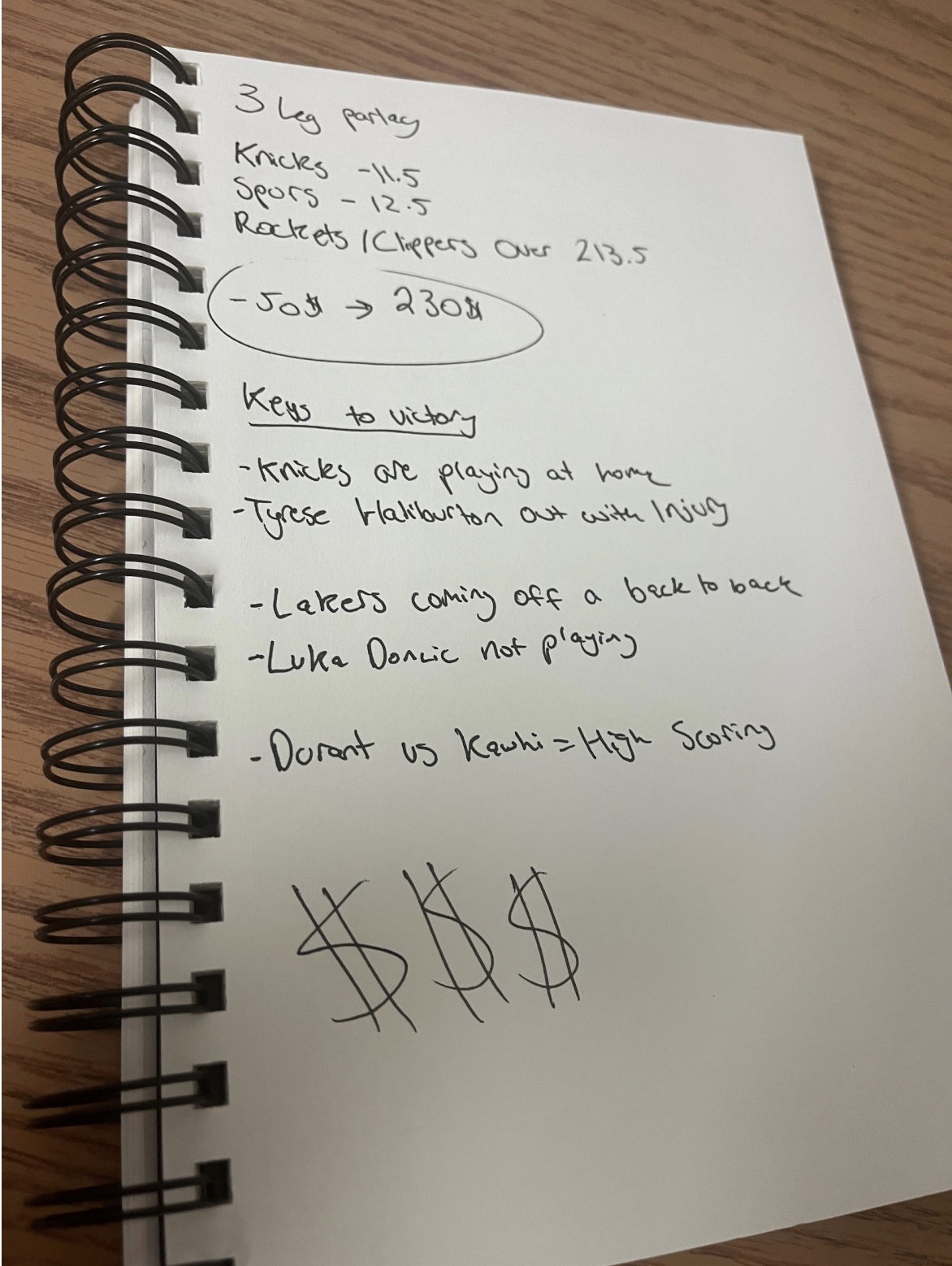University group protests US support for Israel
Similarly to other big-name college campuses making headlines, the University of Scranton is no stranger to political protests. During President Joe Biden’s visit to the Electric City on April 16, a group of university students and faculty took to the streets to fight for Palestinian rights.
The group calls itself “Christians for the Common Good” (CCG). It serves under the University’s Peace and Justice initiative and gives people a space to talk about issues true to Christianity – peace, social justice and to love the neighbor.
The protest took place during the President’s visit to Scranton. With both the President and the university being Catholic, it was important for the group to be visible and show Christians’ connection to the conflict in the Middle East.
University professor of theology and founder of CCG, Will Cohen, Ph.D., said the protest grew organically out of conversations the group already been having. Back in December, they organized an event about a ceasefire on Biden Street, with both students on campus and local members of the communities.
“It was a space we could bring all of our voices together to call for a ceasefire,” Cohen said.
They also participated, along with many other groups across the country, in a “Gaza pilgrimage”. The walk was 25 miles, symbolic to the length of Gaza itself, and allowed the group to ‘walk in solidarity with the suffering people there’.
These past events helped transition into the group’s protest during the President’s visit.
The day was filled with a general sense of hope, yet seriousness. The group knew their goal and stuck to it yet kept the day lighthearted and respectful.
Chanting slogans like, “Welcome back, Scranton Joe! Make sure Gazans have a home also!”, CCG knew it was important to simultaneously keep their slogans filled with love, humanity and decency.
The University’s protest came on the forefront of an abundance of college protests about the Israeli-Palestinian conflict on high profile colleges and universities across the country, including Columbia University, University of Southern California, University of North Carolina Chapel Hill and dozens more.
According to the Associated Press’ recent statistics, more than 2,100 students and faculty have been arrested during pro-Palestinian protests across many tent encampment protests across the country.
After weeks of silence, President Biden issued a speech about the protests, stating that “There’s the right to protest but not the right to cause chaos,” and that the protests were not changing his stance about the war in Gaza.
University senior Jaime Schurra was involved in the protest and is supportive of the thousands of students protesting across the country.
“College students have long been on the forefront of the fight against injustice. I have a lot of respect for the individuals that are putting their health and safety at risk to speak out against the genocide occurring in Palestine right now, and I know that history will be on their side,” Schurra said.
“There was a spirit up uplift, comradery, but also a strong sense of purpose. We were glad to be with one another but also mindful of the tragic reason why we were together,” Cohen said.
While there were some jeers of disapproval and honks of support, the group overall participated in civil discourse, particularly with local teenage Orthodox Jewish members of the community.
“It’s about being most concerned with the least, but that never means excluding the other,” Dr. Cohen said.
CCG was founded by university professors Will Cohen, Ph.D., and Christian Krokus, Ph.D. in 2016. It emerged from shared convictions that the voice of true and authentic Christianity tended to be drowned out by the public sphere. The professors’ goal was to bring more people into the conversation – students, other faculty, staff, administration and local residents.
“We wanted to have more people involved in that interplay between statements of what Pope Francis said and statements from the Church and how often that was at odds with what was sounding like the public Christian message,” Cohen said.
-30-


